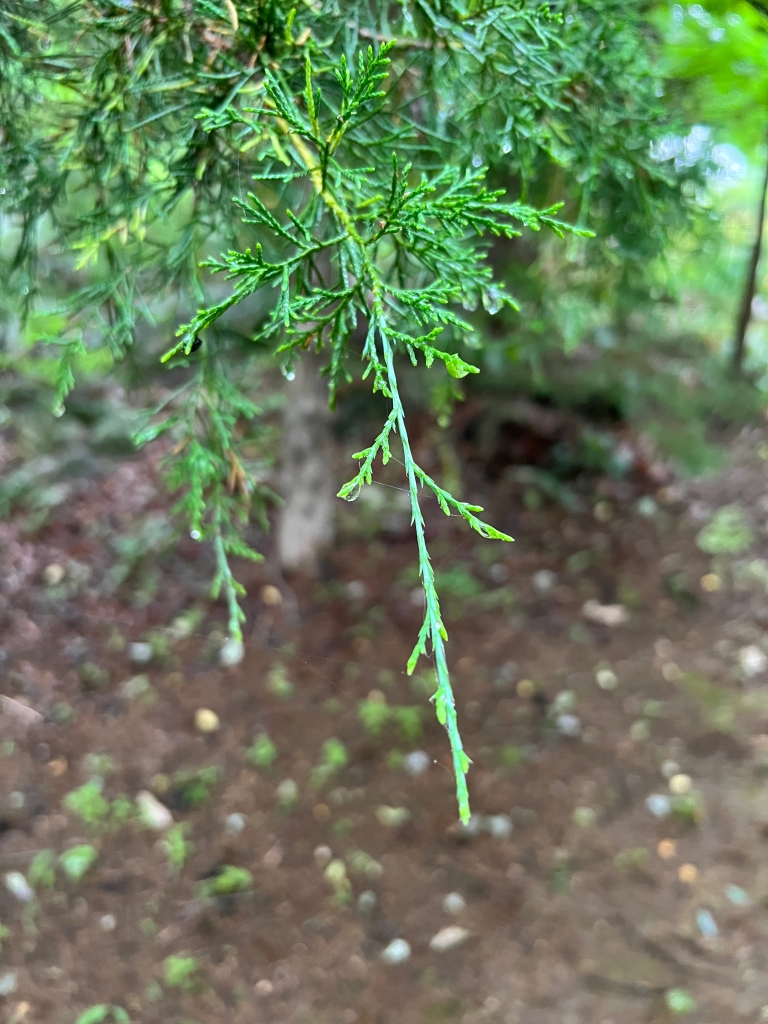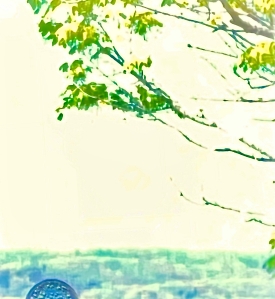The infrastructural delineation between human space and everything-else space was stark. … the villages … were as neatly corralled as the City …. This had been the way of things since the Transition, when the people had redivided the surface of their moon.
Becky Chambers, A Psalm for the Wild-Built (18)
Oh oh oh my summer reading list started off with Becky Chamber’s Monk & Robot series. Which manifests Charlie Baxter’s idea that one of a writer’s roles is to serve as an archivist of the vanishing world, and Toni Morrison’s encouragement to imagine your ideal future, and to then paint your rooms the colors they would be in that ideal future. (I heard her speak to that concept when I was a young woman in Cambridge, ~1990, and have had turquoise blue on my walls ever since.) As we live betwixt and between a past that is–literally–going up in flames and an unknown present that we need to collectively imagine, I want Chambers’ vision to inform our north star:
And her vision is oh-so-palatable because she weaves sensory pleasure throughout:
They snacked on spicy pine seeds as the grill did its work, then gorged themself on slow-roasted elk and wavy-edged mushrooms and acorn flatbread freckled black with flame. A generous hunk of prickleberry cobbler was presented afterward, along with a bowl of mint leaves for Dee to munch on in the afterglow.
Becky Chambers, A Prayer for the Crown-Shy (25)
Even though this is fiction, “just a story,” it’s packed with Deep Concepts about consciousness, fairness, and tackles a Big Question: what do humans need? Chambers generously salts the two books of this series with sensory pleasures that make reading it a joy (and as Ross Gay reminds us, joy is a form of resistance*). Not incidentally, that delightful reading experience means we, the readers, can directly experience the (joyful) humaneness of living in this alternative future. Damn, Becky Chambers, you have nailed it!
You have also brought to fruition the seed my mentor planted months ago: my own story has been falling short because it has been almost completely bleak. So bleak that I have rushed to its end, because even I, the author, haven’t wanted to linger with the rising waters, death, and general misery. What a terrific relief to turn toward what can still be or become beautiful and bountiful. What a terrific practice, to focus on what will be right even as many things go wildly wrong.
What a terrific gift, to have a life in this moment.
May it be so.
*Specifically:
My hunch is that joy is an ember for or precursor to wild and unpredictable and transgressive and unboundaried solidarity. And that that solidarity might insect further joy. which might incite further solidarity. and on and on. My hunch is that joy, emerging from our common sorrow–which does not necessarily mean we have the same sorrows, but that we, in common, sorrow–might draw us together. It might depolarize us and de-atomize us enough that we can consider what, in common, we love. And though attending to what we hate in common is too often all the rage (and it happens to also be very big business), noticing what we love in common, and studying that, might help us survive.
Ross Gay, Inciting Joy (9-10)





